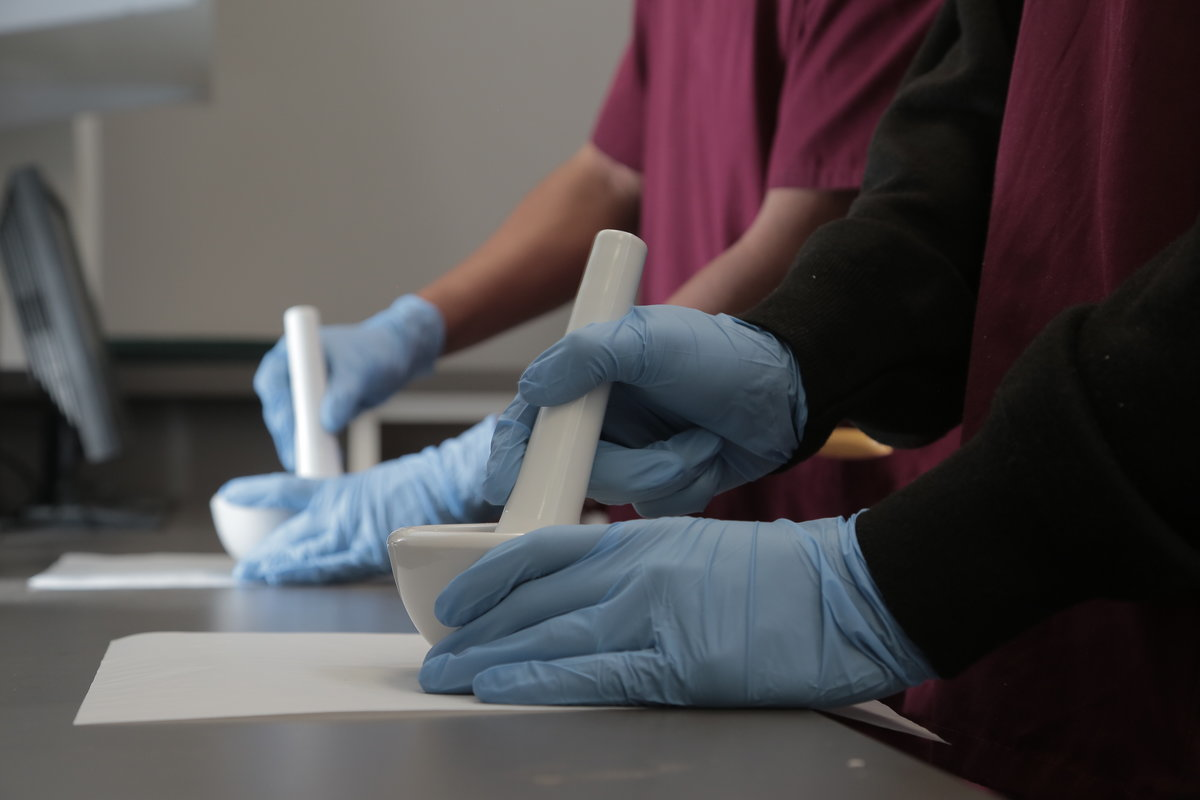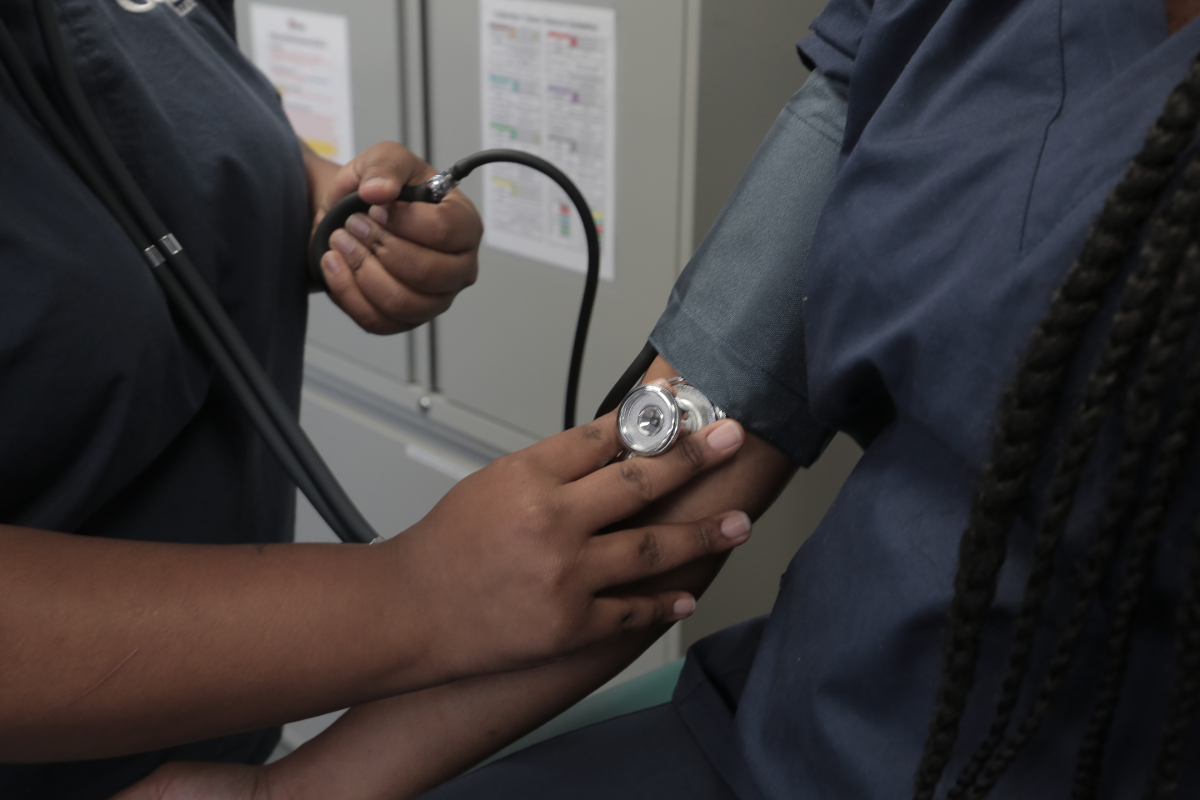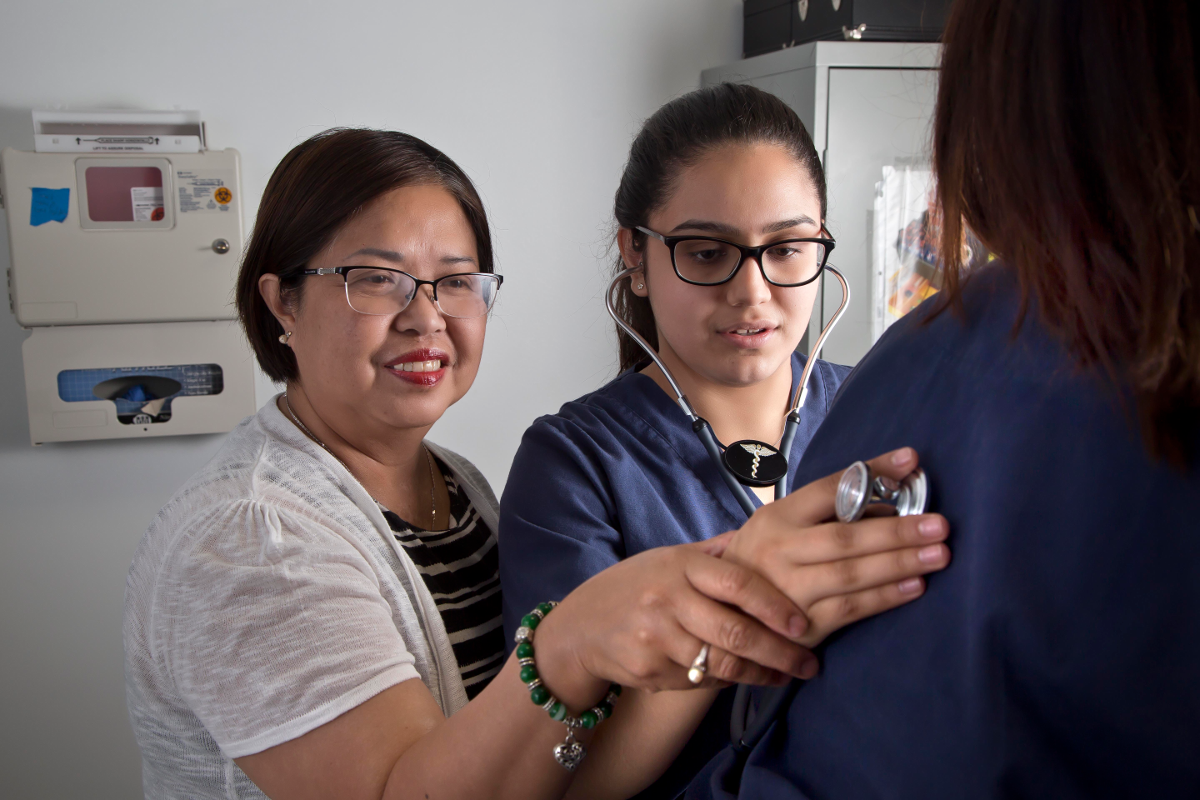It’s no secret that the healthcare industry is booming and its growth is expected to continue into the future. With a population of more than 46 million Americans ages 65 and older, which is anticipated to double by 2060, and the 68 percent of them who suffer from two chronic illnesses, the need for workers in the healthcare industry will not be subsiding anytime soon.
At first glance, doctors and nurses would seem to be the ones running the show at medical facilities nationwide. That is a fair observation, as they are the ones who treat patients. However, there are many other individuals working at hospitals, medical offices and other healthcare settings doing work that makes visits with doctors possible. Two such responsibilities are medical billing and coding.
What is Medical Billing
A vital process in the perpetual functioning of any hospital or medical office is medical billing. Medical billing involves preparing billing claims and submitting them to insurance providers. This ensures that the hospital or medical office is reimbursed the correct amount for the services that they provide patients.
Medical offices receive money from private insurances providers and various healthcare programs, such as Medicare and Medicaid, which are provided by the government. Receiving proper funds allows the medical office to stay open. With suboptimal reimbursement, it is difficult for them to provide stellar healthcare to patients.
What is Medical Coding
While it also pertains to the all-important aspect of insurance reimbursement, medical coding differs in that it involves a unique code for each diagnosis and medical procedure. The translation of diagnoses and procedures into these universal codes allows the health care provider to process the bill correctly.
The International Classification of Disease, Tenth Edition (ICD-10), is the current book of codes utilized across the vast world of healthcare. Created by the World Health Organization (WHO), the ICD-10 and its contents are important not only for maintaining records and billing, but also allows for data to be kept on diseases both domestically and worldwide.
The Importance of Medical Billing and Coding
To this point, it is pretty clear that medical billing and coding are imperative processes to the upkeep of hospitals and medical offices. Medical facilities rely heavily on insurance providers and other healthcare programs for funding.
Insurance companies make their profit by charging those who hold policies monthly fees, or premiums. The buy-ins from the individuals in the pool allows the insurance providers to cover the bulk of medical costs of policyholders, depending on the policy. With that in mind, that is a lot of money coming in from reimbursements and not out of the consumers’ pockets.
That is why it is vitally important for medical billing and coding to be done, and done accurately. Every patient who visits a hospital, immediate care center or other medical facility has information that needs to be documented.
Not only that, but accurate medical billing and coding is important to make sure that patients aren’t left paying more for a procedure than they should, and that they and their insurance are charged for the correct services.
Now that we have established a basic understanding of what medical billing and coding are and their importance, let’s learn a bit more about the individuals who carry out these crucial actions: medical billing and coding specialists.
Medical Billing and Coding Specialists
It is not uncommon for hospitals and medical offices to employ one person or persons who are knowledgeable about both medical billing and coding. Community colleges, trade schools and online education options frequently teach these two skills together in training programs, given the overlap of importance to each other.
Entering the proper codes and other data into a hospital or medical office’s database comprises most of the responsibilities of a medical billing and coding specialist’s job responsibilities. However, they are often tasked with other duties that help the healthcare setting operate at peak efficiency. For instance, medical billing and coding specialists many times function as points of contact between the office’s billing staff and the office’s nurses and doctors.
Like other individuals employed in healthcare settings, medical billing and coding specialists enjoy a promising job outlook in the coming years. Per data from the Bureau of Labor Statistics (BLS), employment of medical records and health information technicians (including medical billing and coding specialists) is projected to increase by 15 percent through 2024.
The main culprit for the uptick in demand for medical billing and coding specialists is the fact that more people have access to insurance. More people with insurance means that there will be more visits to medical care facilities and more billing and coding work to be done. As we mentioned in the introduction, the expected spike in citizens over 65 years of age, including the aging baby boomer population, will also keep the medical establishment occupied for quite some time.
We should also note that because medical care is needed almost everywhere and that every medical facility needs staff members to handle the billing and coding, medical billing and coding specialists have nearly endless geographical locations in which they can work. It is increasingly common for medical billing and coding specialists to have the option of working remotely, cutting down or eliminating the need to commute.
Medical billing and coding specialists also enjoy competitive compensation. According to data from the BLS, the median annual salary for medical records and health information technicians in 2016 was $38,040, which is slightly higher than the median of all occupations combined.
As with many occupations, the salary fluctuates based on location and experience. To reiterate, medical billing and coding specialists can work essentially anywhere they wish due to the robust demand for workers in the healthcare field.
OK, so medical billing and coding sound great. How do I get started?
Most medical billing and coding positions simply require the completion of a training program. Medical billing and coding programs are fairly common offerings at many community colleges and trade schools across the country.
Many training programs can be completed in less than 18 months’ time and for a fraction of the price tag of a four-year degree. The medical background you gain from a training program may also help you later, should you choose to continue your education in pursuit of a more lucrative healthcare career. In most cases, you will be required to pass the Registered Health Information Technician (RHIT) certification test, though requirements vary depending on one’s place of employment.
Once you have decided that medical billing and coding is the field you wish to enter, all that remains is choosing a program to enroll in.
Coyne College sets students up to achieve their dreams
Coyne College is one of Chicago’s top skilled trade education institutions and is proud to offer its Medical Billing and Coding Specialist program to students like you who are interested in the profession.
In the program, you will learn the ins and outs of medical billing and coding, and master the skills needed to secure an entry-level job in a plethora of different medical settings. What is even better is that you can complete Coyne’s training program in as few as 48 weeks. In less than one year’s time, you can be ready to start your new career in the exciting field of healthcare.
As a student in Coyne College’s medical coding and billing specialist program, you will obtain sufficient and applicable knowledge of subjects to help you find success as a medical billing and coding specialist.
Coyne’s program includes extensive instruction on relevant topics such as the following:
- Medical terminology
- Health records management
- Medical coding
- Insurance procedures
- Business communications
- Office administration
- And more!
You will learn the intricacies of the medical billing and coding profession from Coyne’s knowledgeable instructors who have substantial, invaluable workplace experience to foster your personal growth.
Are you worried that your job or other obligations might prohibit your ability to launch your new medical billing and coding career? Don’t fret, because Coyne College offers both day and night classes for the Medical Billing and Coding Specialist program in order to accommodate your busy schedule. The Medical Billing and Coding Specialist program is offered at the Coyne College campus, located in the heart of the Chicago Loop at the intersection of State and Madison streets.
With more than 110 years of experience in helping students realize their dreams, Coyne College has a well-developed network of resources to help students land apprenticeships at the conclusion of their studies.
Coyne College offers an array of career services and job placement help for its students, including mock interviews, externships and resume help. These resources can help students secure entry-level employment after completing the program.
There is no time like the present to disembark on your journey toward playing a part in providing healthcare to millions of people. Take your first step toward your new career as a medical billing and coding specialist today by visiting https://www.coynecollege.edu/.


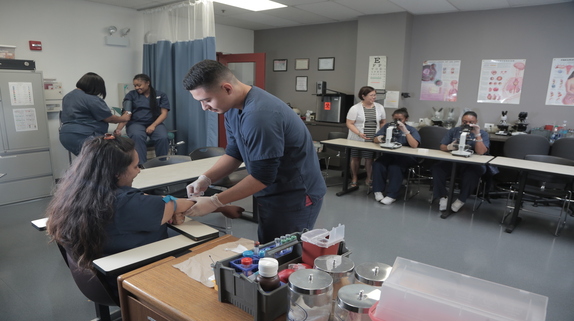
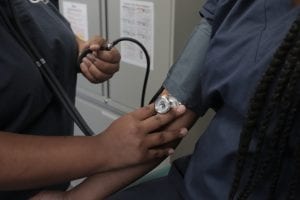 Medical assistants commonly perform tasks such as taking patients’ vitals, recording patient information, helping doctors with patient exams and scheduling appointments. The duties of medical assistants vary depending on the doctors and nurses under whom they work. Different medical offices have different needs. Some offices may need someone to handle mostly clerical tasks, whereas others may need a medical assistant to be more involved in helping with patient care. The beauty of being a medical assistant is that you will be prepared to handle the needs of any medical office.
Medical assistants commonly perform tasks such as taking patients’ vitals, recording patient information, helping doctors with patient exams and scheduling appointments. The duties of medical assistants vary depending on the doctors and nurses under whom they work. Different medical offices have different needs. Some offices may need someone to handle mostly clerical tasks, whereas others may need a medical assistant to be more involved in helping with patient care. The beauty of being a medical assistant is that you will be prepared to handle the needs of any medical office.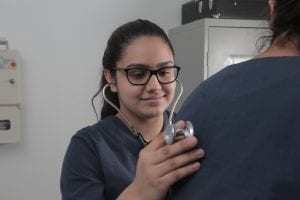 Coyne College is one of Chicago’s premier trade schools, proudly offering its medical assistant program to future healthcare professionals. To best accommodate working adults, Coyne offers day and night options for the medical assisting program. Coyne College’s medical assisting program is offered at the Coyne College campus, located in the heart of the Chicago Loop at the intersection of State and Madison streets.
Coyne College is one of Chicago’s premier trade schools, proudly offering its medical assistant program to future healthcare professionals. To best accommodate working adults, Coyne offers day and night options for the medical assisting program. Coyne College’s medical assisting program is offered at the Coyne College campus, located in the heart of the Chicago Loop at the intersection of State and Madison streets.

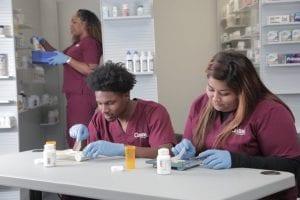 Pharmacies play a substantial role in healing America and helping us stay healthy. While it may appear that pharmacists are the stars of the pharmaceutical show at your local drug store, there are other pharmacy employees who are just as important to its staying open. These passionate individuals are pharmacy technicians.
Pharmacies play a substantial role in healing America and helping us stay healthy. While it may appear that pharmacists are the stars of the pharmaceutical show at your local drug store, there are other pharmacy employees who are just as important to its staying open. These passionate individuals are pharmacy technicians. 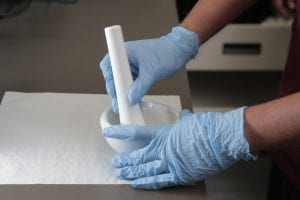 Going along with the previous two points, qualified pharmacy technicians are adept at managing inventory of the pharmacy and accurately filling patients’ prescriptions. Again, this makes life easier for pharmacists. Being able to work efficiently and keep things organized makes it possible to reduce the time that patients have to wait for their prescriptions to be filled. It can also help cut down the time they have to wait in line at the pharmacy to pick up their drugs and start healing faster.
Going along with the previous two points, qualified pharmacy technicians are adept at managing inventory of the pharmacy and accurately filling patients’ prescriptions. Again, this makes life easier for pharmacists. Being able to work efficiently and keep things organized makes it possible to reduce the time that patients have to wait for their prescriptions to be filled. It can also help cut down the time they have to wait in line at the pharmacy to pick up their drugs and start healing faster.

